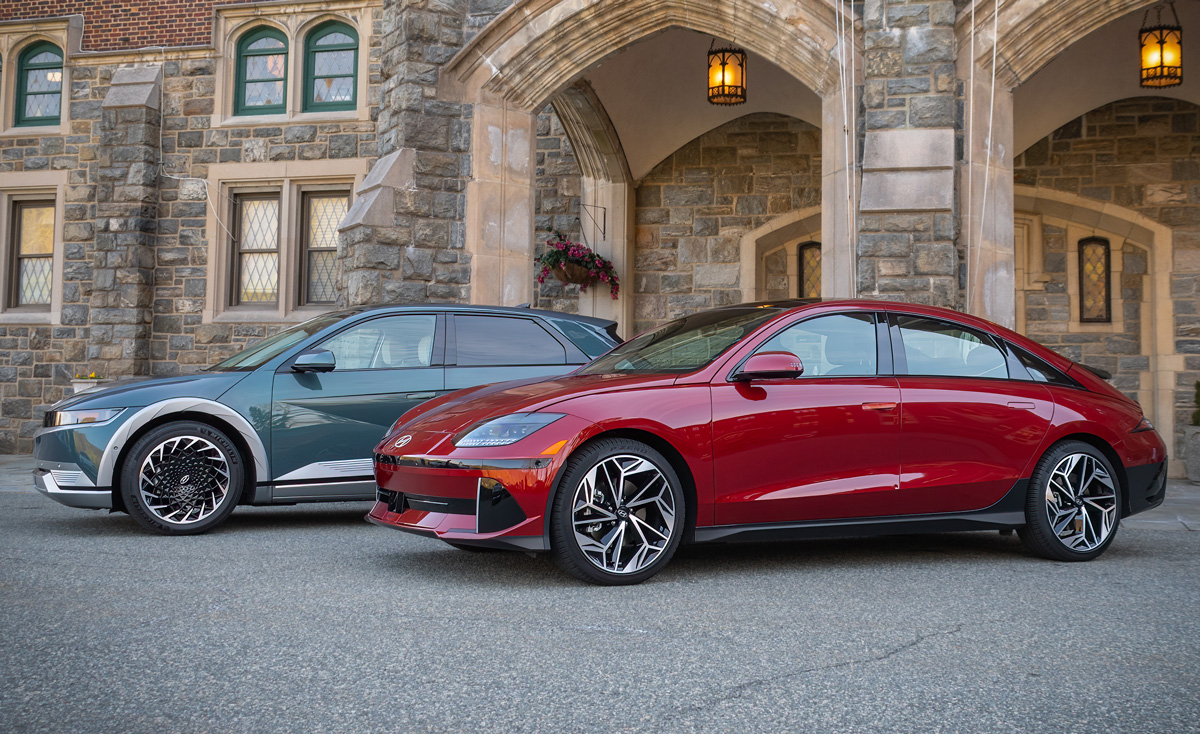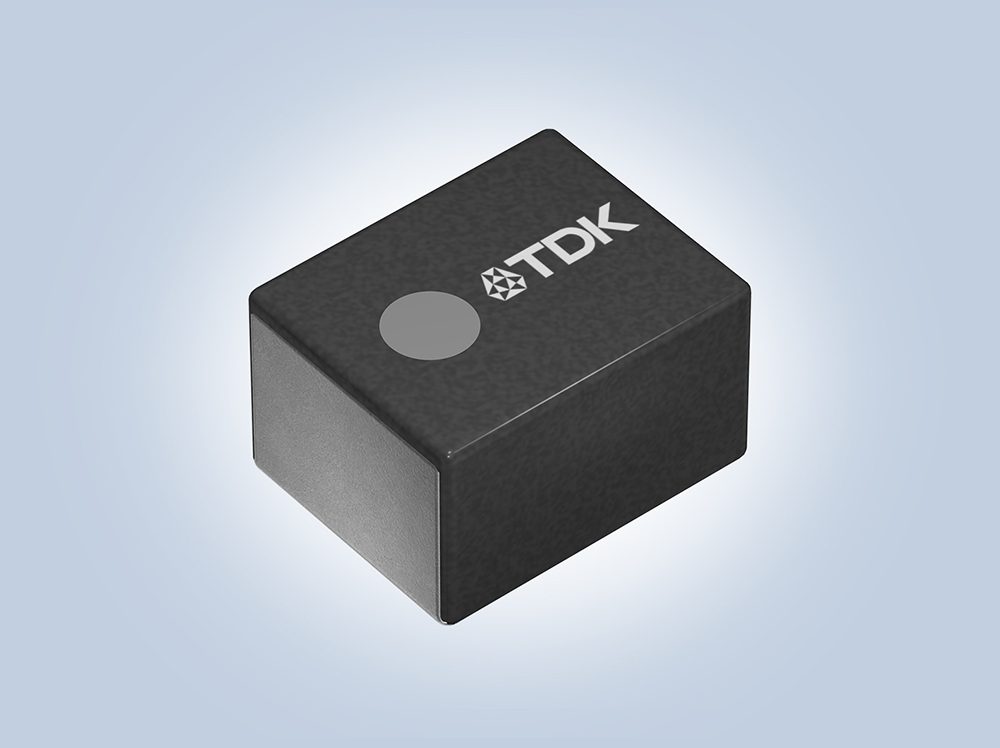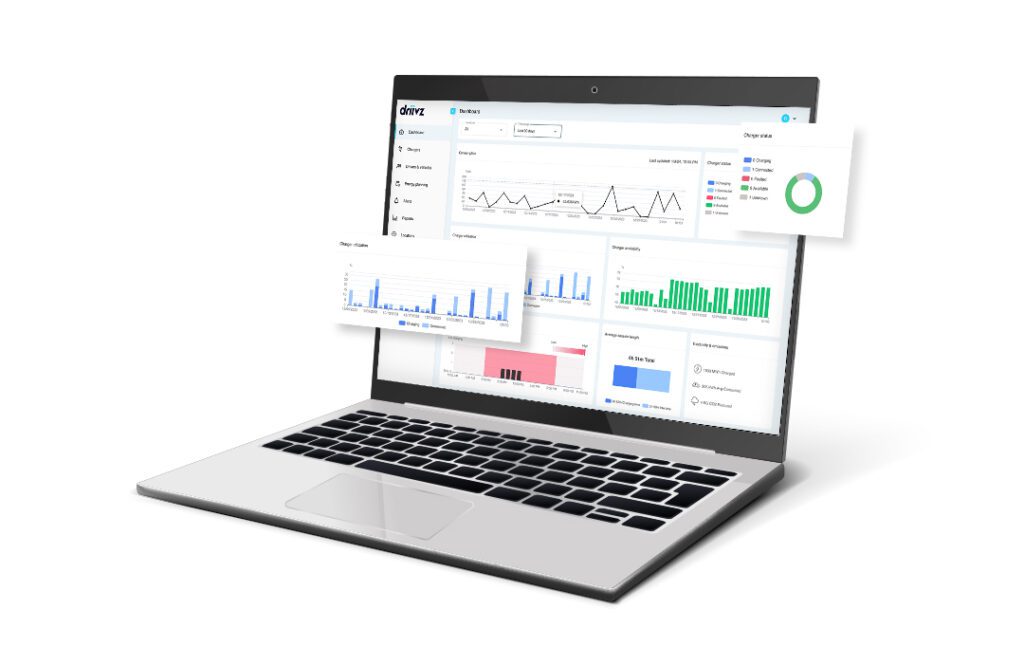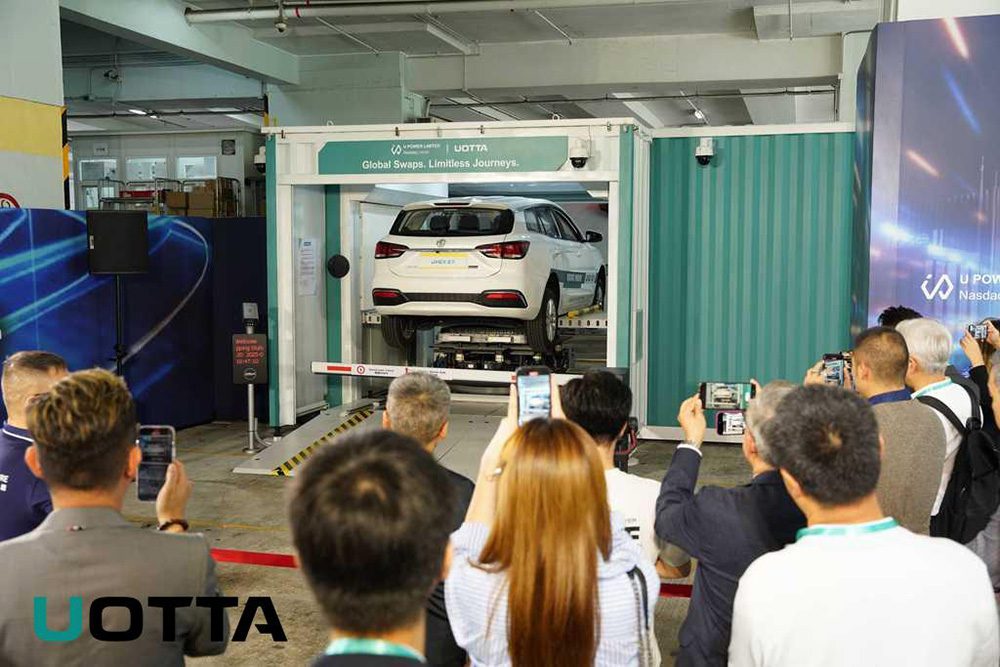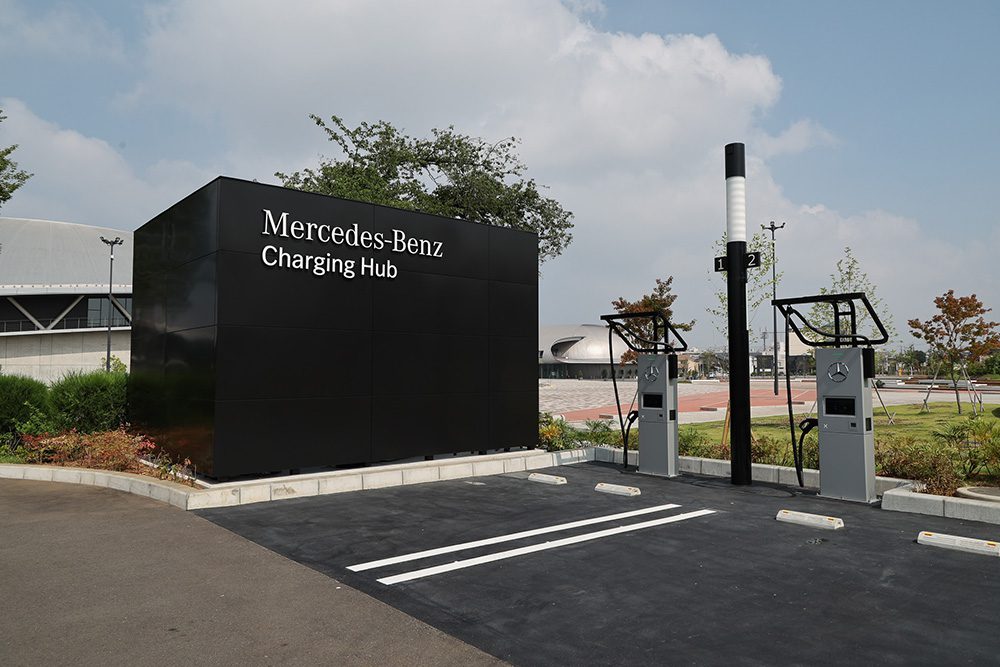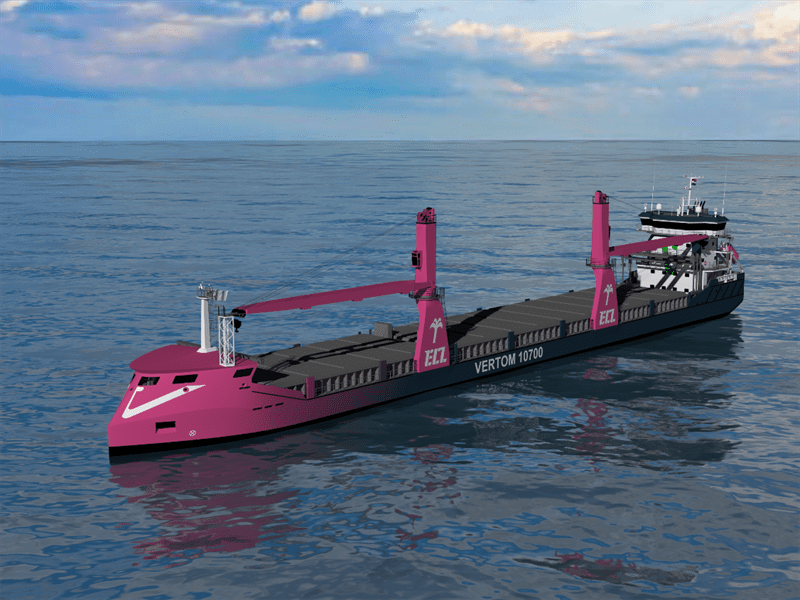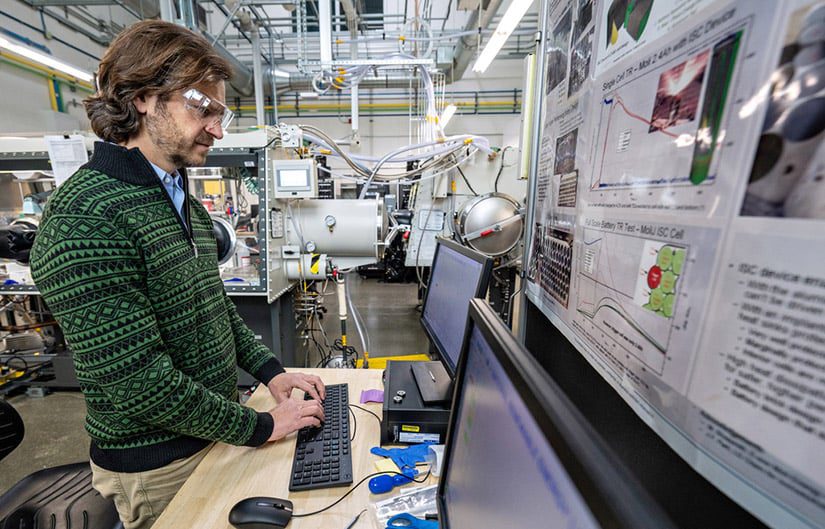Automotive law firm Hagens Berman has filed a nationwide class-action lawsuit on behalf of owners of the Hyundai Ioniq 5, Hyundai Ioniq 6, Genesis GV60 and Kia EV6.
The lawsuit, which was filed in the US District Court for the Central District of California, alleges that the vehicle charging ports frequently overheat in as little as 30 minutes, causing charging sessions to unexpectedly and repeatedly fail.
According to the complaint, the automakers advertise the affected EVs as capable of charging at rates of up to 48 amps, but owners report charging session failure at a rate as low as 28 amps.
Frustrated vehicle owners have reported on consumer forums that the charging defect forces them to constantly monitor charging sessions to make sure they are completed, or else return to their vehicles to find that the charging session has failed due to overheating.
In March 2023, Hyundai issued a software update that causes affected vehicles to lower the charging rate to 23 amps if overheating occurs, rather than halting the charging session. The complaint alleges that this fix has the effect of extending charging time to ten hours or more, whereas the companies advertised charging times between five and seven hours with a Level 2 home charger.
“This so-called fix does nothing to address the real problem, which is that these vehicles were not manufactured to reliably charge at a rate even close to 48 amps,” said Steve Berman, Managing Partner at Hagens Berman. “Not only do Hyundai, Kia, and Genesis continue to sell vehicles that are clearly incapable of performing as advertised, they also issued a software patch which substantially worsens charging rates and widens the gap between what they promised and what they delivered.”
Source: Hagens Berman







